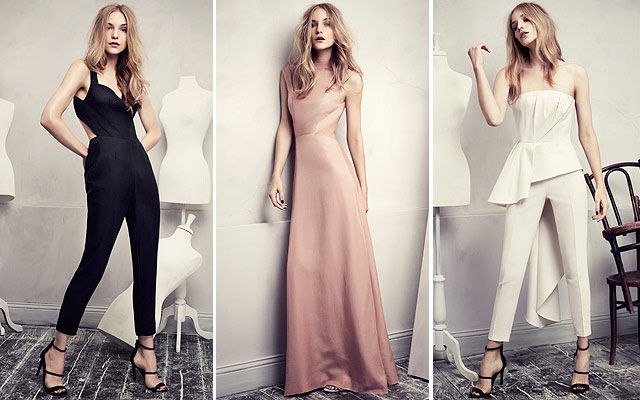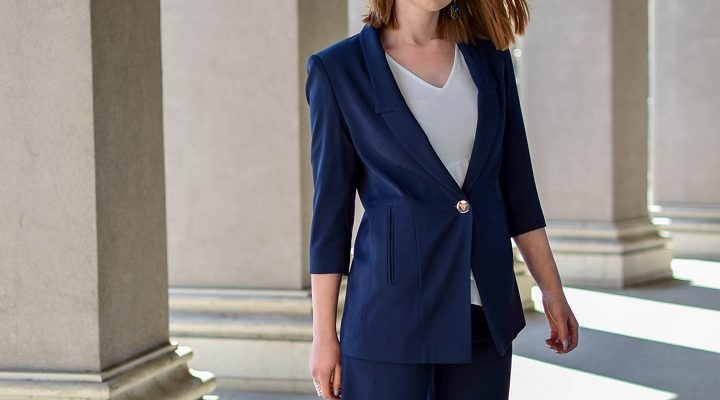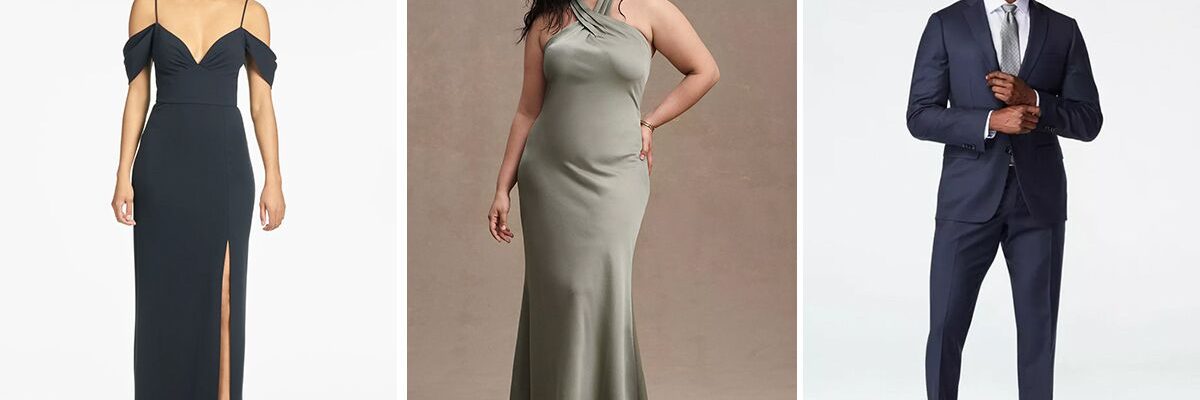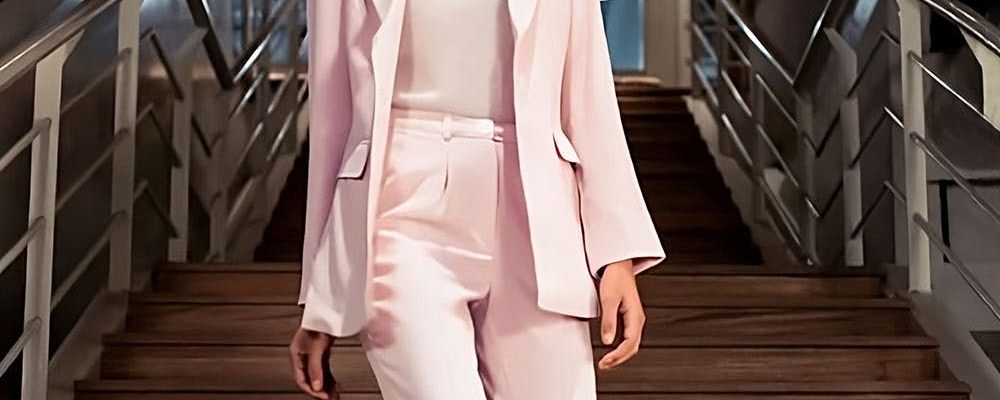“Dress to impress” is a mantra that reflects the psychological impact of formal attire. The clothing we wear can influence not only how others perceive us but also how we perceive ourselves. Here’s a look at the psychology behind dressing formally:
- Professionalism and Competence: Formal attire is often associated with professionalism and competence. When individuals dress formally, they signal to others that they take their roles seriously, are responsible, and are committed to a certain standard of behavior. This can positively impact how colleagues, clients, or superiors perceive their capabilities.
- Confidence and Empowerment: Wearing formal attire can boost confidence and feelings of empowerment. The symbolism of putting on well-fitted, polished clothing can create a mental shift, instilling a sense of readiness to tackle challenges. This boost in confidence can impact performance and how individuals carry themselves in various situations.
- Social Perception: The “halo effect” suggests that our overall impression of a person can be influenced by specific characteristics, and clothing is a significant factor. Formal attire often leads to positive perceptions, including assumptions about intelligence, trustworthiness, and reliability. This can be particularly advantageous in professional and social settings.
- Mindset and Focus: Dressing formally can help individuals transition into a more focused and professional mindset. The act of putting on formal attire can serve as a ritual that signals the start of a workday or an important event, helping to shift mental gears and enhance concentration.
- Respect and Authority: Formal clothing commands respect and conveys authority. This is especially relevant in professional settings where individuals are expected to lead or make important decisions. The way one dresses can influence how subordinates, colleagues, or clients respond, creating an environment of respect and authority.
- Self-Perception and Motivation: Dressing formally influences self-perception. When individuals feel well-dressed, they often experience a sense of accomplishment and motivation. This positive self-image can drive individuals to perform at their best and take pride in their work.
- Cultural and Social Norms: Formal attire aligns with cultural and social norms, reinforcing a sense of belonging and adherence to societal expectations. It demonstrates an understanding of and respect for established conventions, contributing to a harmonious social environment.
- Attention to Detail: The act of dressing formally often involves attention to detail, from choosing the right accessories to ensuring a well-groomed appearance. This emphasis on detail can spill over into one’s work, fostering a mindset of thoroughness and precision.
In conclusion, the psychology of formal attire is multifaceted, influencing both how individuals are perceived by others and how they perceive themselves. The symbolic and practical aspects of dressing formally contribute to a range of psychological effects, from boosting confidence to shaping professional and social interactions.







